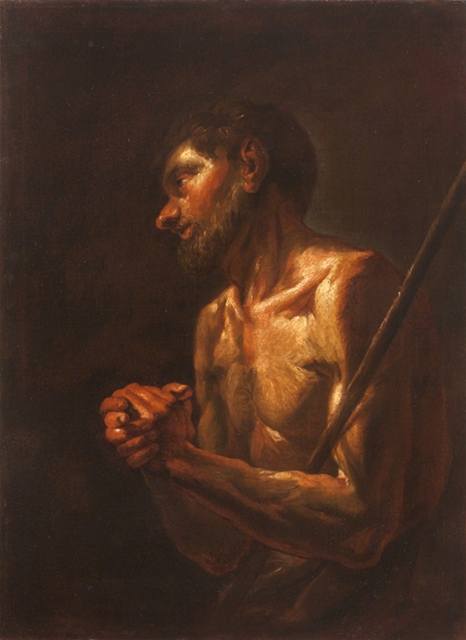 |
| Portrait of Rasputin by Ana Theodora Krarup |
I first read Whitley Strieber's Communion, which stretched my understanding of non-fiction as a young reader, surveying a gamut of fiction, history, philosophy, mythology in my family library.
Another genre-bender, who influenced my appreciation for literature in a more grounded way, was Jack Kerouac, who together with Allen Ginsberg, prophesied a shift in American social norms through their collective literary breakthroughs. They had noted that in the second half of the 20th century, Americans would shift from their hardline Christian upbringing to a more Buddhistic sensitivity.
Reading both of their writings thoroughly, I soon interpreted within their work an interesting relationship to what we now call prophecy. More than to pin prophecy within the highly skeptical sensationalism of conspiracy theory, prophecy, in a more mythological sense, is simply the attuning of the intellect to certain eloquence in creatively utilizing timeless wisdom and ageless archetypes, reattributing them as signs.
More often than not, prophecy in mystic circles is not an outward momentum, toward predicting profane outcomes, but simply one of the many old ways toward self-realization. One is inevitably of the infinite. Popular prophets are heady mixes of conspiracy theory or what Terence McKenna called, "epistemological cartoons". In Hebrew mysticism, my understanding is that prophecy is a numerological science, beheld within the Hebrew language of the Torah, encompassing a unitive vision of interpretive science as it meets with spiritual practice.
Recently, I viewed the film, Rasputin, which was another prophetic figure portrayed on the literature on my shelf as a young man impressed by the literati. Rasputin certainly opened the popular discourse of prophecy on the world stage, especially as regards political intrigue, out into broad daylight. His eyes still transfix.
________
With a mug to mirror the
inescapable frame of Kerouac’s joual-toughened jaw, bespoken with the silent
glimmer of streetside grief, walking alone and alone for the infinite mileage
of American wanderings, a cyclical tongue of ruthless freedom, to free the
passions from the word-order of choice and splay will on the open pain of
roadside heat with a thumb and a meek treasury of manly poverty
 |
| Pauper by Petr Brandl |
that drunken
cry that rang throughout the humbling scope of spectral telephone wires
following with the unheard voice of millions distanced by the wiry nerves of a
social neurosis towards mobility, and with the rootless leisure of a need to
travel as a way of being, that holy rope burned the traveler’s hands as the
writing cooled mind’s belonging on a land of no-land opening
_________
“American body,
May you be cooled,
May the dog days of the final moon in your Roman clock tick no more,
May your fires be dampened in the Fall,
May your body always be replenished,”
“This is a prayer from your navel,
Your own son”